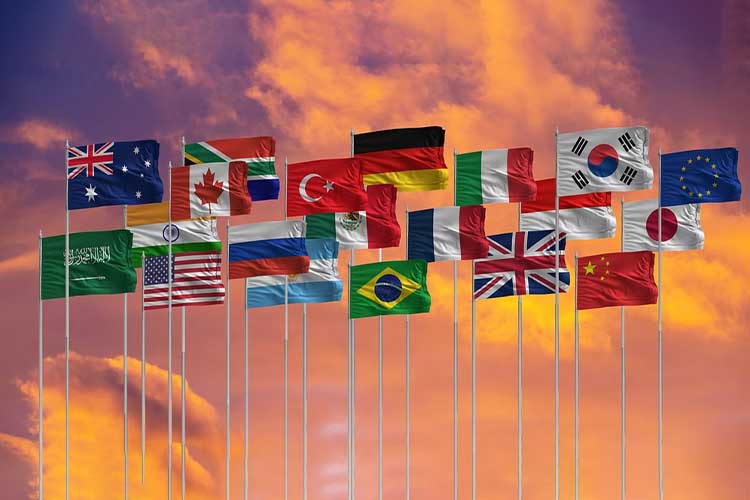

The pact recognises that global warming can be limited to 1.5 degrees Celsius through reductions in global greenhouse gas emissions
September 11, 2023 | Staff Reporter | India | Facilities Management

G20 leaders adopted a Green Development Pact to accelerate the steps needed to tackle the challenges of environment and climate change on the first day of the summit in New Delhi. “Recognising that the prosperity and well-being of present and future generations depends on our current development and other policy choices and actions, we resolve to pursue environmentally sustainable and inclusive economic growth and development in an integrated, holistic and balanced manner,” said the leaders' declaration. “Mindful of our leadership role, we reaffirm our steadfast commitments, in pursuit of the objective of UN framework convention on climate change (UNFCCC), to tackle climate change,” it added.
The Green Development Pact recognises that global warming can be limited to 1.5 degrees Celsius through reductions in global greenhouse gas emissions by 43 per cent by 2030, compared to the 2019 levels. The Intergovernmental Panel on Climate Change’s (IPCC’s) Sixth Assessment Report (AR6) said that global greenhouse gas emissions are projected to peak between 2020 and at the latest before 2025, according to modelled pathways that limit global warming to 1.5 degrees Celsius, and also those that limit warming to two degrees Celsius, and assume immediate action. While this means that global greenhouse gas emissions are expected to peak between 2020 and 2025, not all countries should peak their emissions within this timeframe because timeframes for peaking are dependent on poverty eradication needs and sustainable development practices. Developing nations can peak their greenhouse gas emissions within a certain time period if they receive adequate climate finance from wealthier countries.
The Green Development Pact has also urged the nations that have not yet aligned their Nationally Determined Contributions (NDCs) with the temperature goal of the Paris Agreement to revisit and strengthen the 2030 targets in their NDCs, which are climate action plans signed by all the parties to the Paris Agreement to cut emissions and adapt to climate impacts. The pact has asked these nations to take into account different national circumstances while aligning their NDCs with the 2030 targets.
According to Article 4.4 of the Paris Agreement, developed country parties must take the lead by undertaking economy-wide absolute emission reduction targets, while developing countries must continue enhancing their mitigation efforts, and gradually move towards economy-wide emission reduction targets. As part of the pact, the G20 leaders have promised to contribute to a successful conclusion of the first global stocktake, or assessment of the amount of stock held by businesses, at COP28, to ensure enhanced climate action.